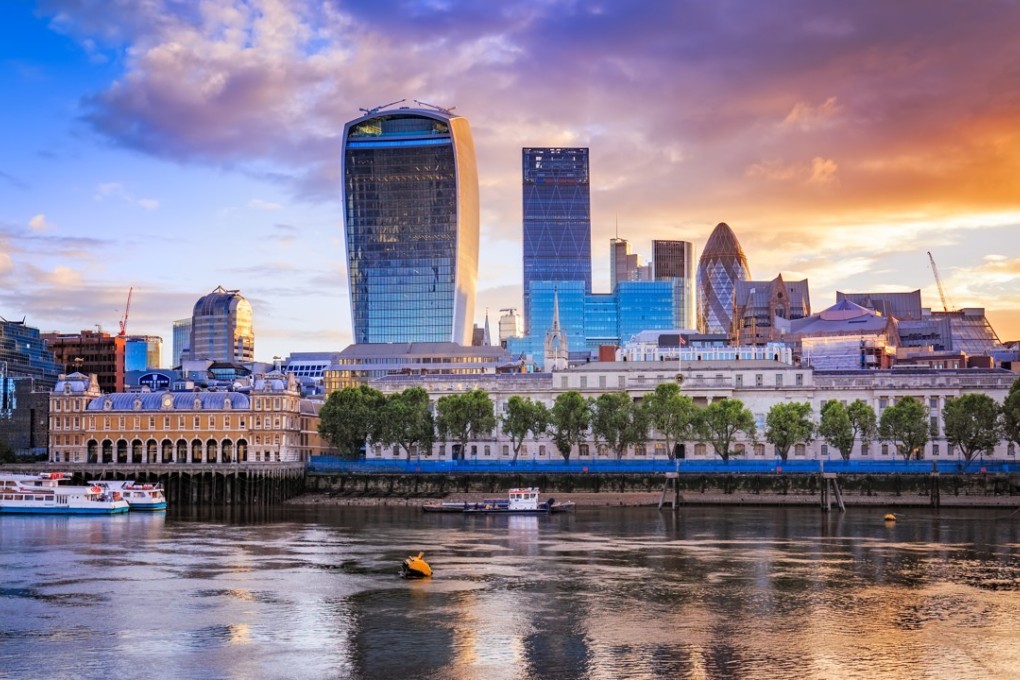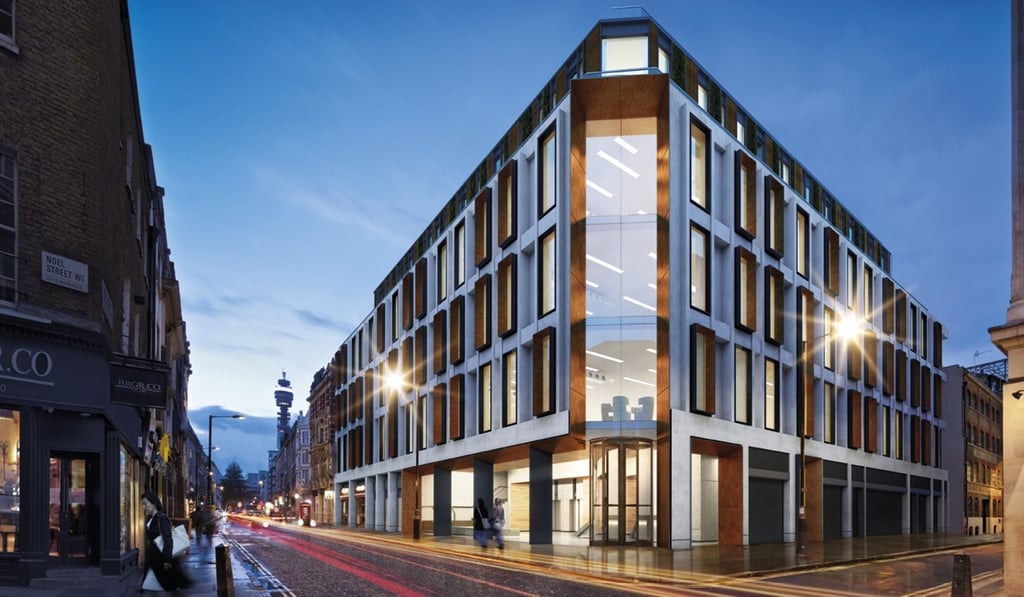Hong Kong investors take advantage of depressed pound to swoop on London property
About 80 per cent of London property investment has come from abroad so far this year, and most of that came from Hong Kong, according to Colliers

Hong Kong investors are increasingly taking advantage of a pound weakened by concerns over Brexit to snap up properties in the UK capital, , according to industry observers.
“First of all, the Chinese government has tightened the outflow of capital and in addition some of these Chinese investors are not so confident about the UK situation after Brexit,” said Mark Charlton, director of research and forecasting at Colliers International. “Meanwhile, many Hong Kong investors will see this as an opportunity to go into the London market, especially as the currency has dropped by more than 10 per cent.”

Britain’s pound slipped almost 1 per cent to a nine-month low against the euro last Thursday, after the Bank of England voted 6-2 to keep interest rates at their record lows and lowered its forecasts for growth, inflation and wages, according to Reuters.
The currency has been on a bumpy ride since the UK voted to leave the European Union in June 2016.
According to data compiled by Colliers, the London property market has been dominated by overseas investors in the year to date, with over 80 per cent of investment coming from abroad. Sixty per cent of that stemmed from Chinese investors headquartered in Hong Kong.
